MUSTS Events
Events 2025
Research in the Age of Trumpism
Joint colloquium 21 January.
This colloquium hosted by the AMC and MUSTS programmes will involve, and is open to, members of all four research programmes. We begin with a panel of speakers followed by breakout group discussions on what effects, positive and negative, the global turn toward illiberalism is having on our research, and how can we help each other to adapt. With Cyrus Mody, Eliza Steinbock, Mariëlle Wijermars, Matthew Archer, Arjun Sharma and Brigitte le Normand.
After the discussion the ReMA Cultures of Art, Science, and Technology second-year students will give a poster session reporting on their internships this fall. Everyone is invited to mingle with the students, learn about their internship projects, and enjoy light refreshments.

STArtS: Exploring epistemic transformations in art institutions
Colloquium 10 December 2025. Speaker: Giulia Bellinetti (Jan van Eyck Academie)
In past decades, the unfolding of intersecting environmental crisis has surfaced a new epistemological landscape. Key thinkers from STS scholarship, such as Bruno Latour and Donna Haraway, have been among the most prominent voices pointing to the inadequacy of Modern architectures of knowledge to fully account for the complexity and interconnectedness of world phenomena. They have advocated for creating occasions for epistemic intimacy between natural and social sciences, vernacular knowledges, the arts, and the humanities.
In this new knowledge scenario, art institutions such as museums, art residencies, biennales, have become central spaces for boundary work and epistemic experimentation. These institutions now host a variety of research programmes, art-science projects, and interdisciplinary convenings. Concurrently, art institutions themselves have undergone significant transformation, becoming increasingly populated with hybrid forms and fluid artistic configurations that challenge traditional (self-)understandings of these institutions as autonomous and "biophobic ".
This talk investigates whether the new epistemological landscape has effectively influenced the epistemic cultures of art institutions, altering the principles, mechanisms, norms, and functionings that guide their knowledge production. Have these new epistemic approaches and art practices led to a redefinition of the knowledge infrastructures of these institutions? And if so, how?
Drawing on insights from my doctoral research and professional experience, I will explore the frictions between dominant, emergent, and residual epistemic cultures within art institutions, shedding light on the ongoing transformations in their knowledge practices.
Towards a hybrid experimental media archaeology. Reflections on doing hands-on media history in the digital age
Colloquium 12 November 2025. Speaker: Dr. Tim van der Heijden (Open University)
How can we effectively document analogue media technologies, such as historical film devices, and capture their histories of use? What role can digital tools – like 3D and 360-degree photography – play in preserving both material and immaterial forms of media heritage? This presentation will explore the value of experimentation, documentation and digitization for doing hands-on media history in the digital age. Specifically, it will highlight hands-on research on the Kinora motion photography viewer (ca. 1907) and Pathé Baby 9.5mm film projector (ca. 1924) as media historical devices. The Kinora, as an individual viewing apparatus, and the Pathé Baby, as a collective screening device, arguably present two distinct dispositifs of early-twentieth-century home cinema.
In the first part of the presentation, I will discuss my hands-on experiments conducted as part of the project "Doing Experimental Media Archaeology" (DEMA) at the University of Luxembourg, including a 3D replication of the Kinora viewer and a series of historical re-enactments with the Pathé Baby projector. The second part will demonstrate how these early-twentieth-century home cinema technologies were 3D-digitized and how their materiality and practices of use can be "re-animated" in virtual yet multisensorial ways. Ultimately, I will advocate for a hybrid approach to experimental media archaeology that is positioned in between the analogue and the digital.
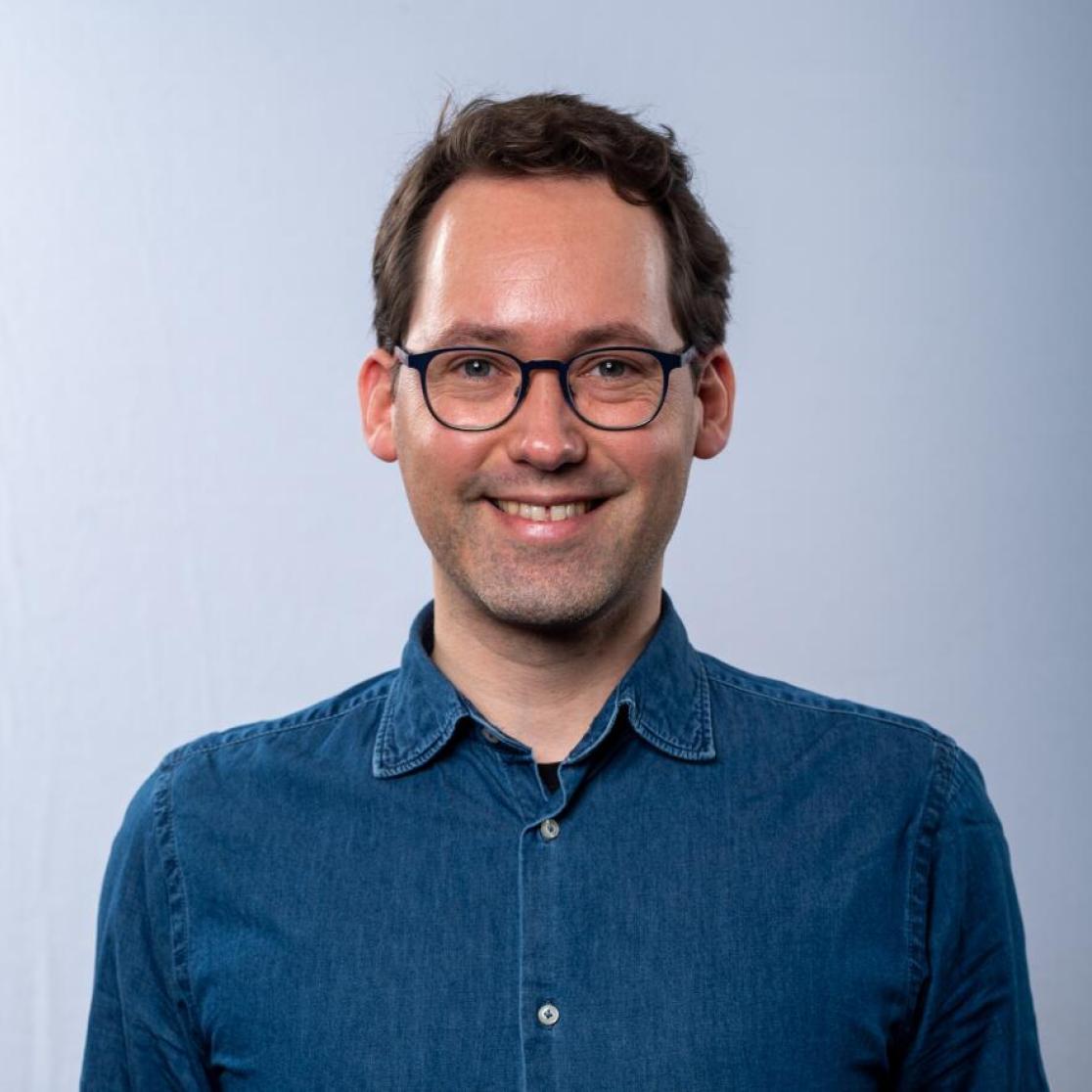
README: Some Pages from a Bookish History of Computing
Colloquium 8 October 2025. Speaker: Prof. Patrick McCray (University of California, Santa Barbara)
To say that computers today are everywhere is an observation that verges on the obtuse. However, this assertion carries the burden of a significant historical question: How did this technological revolution happen? One powerful catalyst was, ironically, one of the oldest information technologies in the modern world: books. Computers had to be both popularized and popular (the two are not the same) before they became omnipresent. Books were an essential ingredient in this process.
My forthcoming book, titled README, offers a literary history of computers and computing between the end of World War Two and the dot-com crash that marked the first few years of the 21st century. In my talk, I will do three things: I’ll give an overview of the larger research project; I’ll present some examples of how books give insights into particular historical moments in the history of computers, the history of books and publishing, and American culture in general; and, finally, I’ll raise some questions the evolving relationship between writers and technology at a time when computers themselves have become authors of a sort.

To Care and to Code: Transformations in Critical Care in the Time of AI
Colloquium 28 May 2025. Speaker: Dr. Catherine Montgomery (University of Edinburgh)
‘Data saves lives’ is an oft-repeated slogan in the world of data-driven healthcare. In the field of critical care, it has also gained traction, refracted in one project’s strapline, “Using data better saves critically ill patients' lives”. The use of routine data to develop algorithms for risk prediction in this population is now well underway, with one tool already on the market and others in development, based on de-identified vital signs data from critically ill patients’ bedside monitors.
As large-scale data analytics make their way into routine care, it is salient to ask how the embodied and sensory dimensions of practitioners’ work, and the total system of socio-material relations which characterises the intensive care unit (ICU), intersect with the embodied and sensory dimensions of data science work. How do clinicians in critical care decide how to treat their patients in the era of algorithmic medicine? Is the craft work of critical care changing with increasing digitisation and recourse to clinical decision support systems? What role do ‘clinicians who code’ play in this transformation?
In this paper, I start to answer these questions with insights from an ongoing ethnography spanning the clinical spaces of the ICU and the academic spaces of medical informatics. Informed by theoretical work on care in STS, I examine what care means in the data-patient assemblage, which logics drive the practices that healthcare now adopts and how these challenge the repertoires we have for thinking and talking about care.
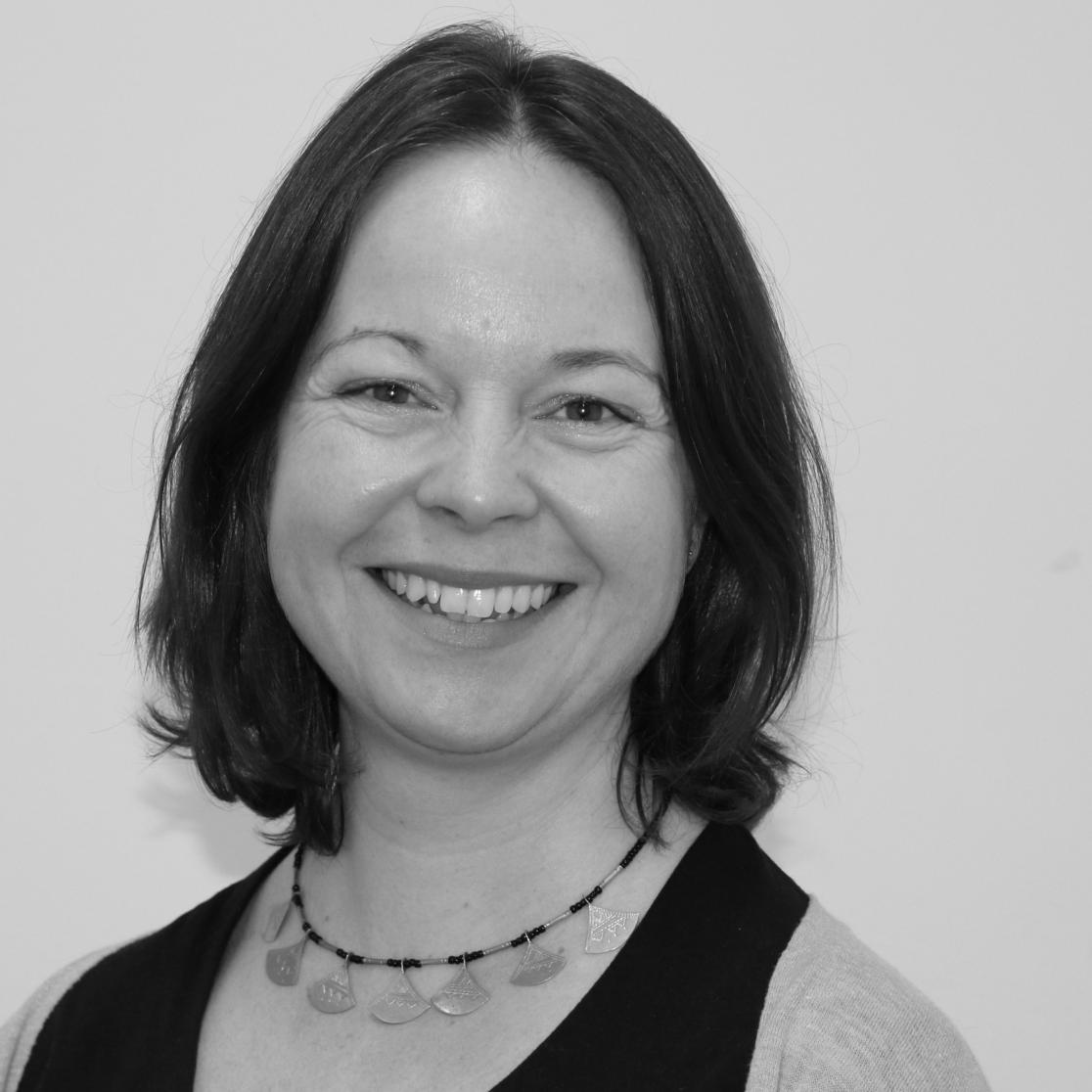
Clinics, Concepts, and Moral Infrastructures: Doing Bioethics with History and STS
Colloquium 23 April 2025. Speaker: Dr. Noortje Jacobs (Erasmus MC)
What if history weren’t just background for ethical reflection, but a method of intervention? We’ll present work-in-progress from our ongoing project, history as empirical bioethics: an approach that uses historical analysis to interrogate how collective moralities are built, stabilized, and made actionable. Our work grows out of an unusual institutional configuration: the two of us—a historian and a philosopher—are based in the department of medical ethics of the Erasmus Medical Center in Rotterdam. One of us, trained in the Maastricht STS tradition, recently became its head. This disciplinary entanglement is not just structural—it reflects a growing recognition that addressing the moral challenges of medicine requires methods that cut across conceptual, empirical, and historical domains.
Drawing on STS, we take seriously the idea that moral norms are not simply the result of deliberation or argument, but are enacted through practices, infrastructures, technologies, and institutions. Our historical-ethical research brings this insight into bioethics. We’ll illustrate this with two case studies. The first traces how voluntary and non-remunerated blood donation (VNRD) became a “collective morality” in the Netherlands, through a process we call immediation—where moral judgments become built into the object itself. The second examines how blood, breast milk, corneas, and eventually the entire body were made “moral twins”: ethically equivalent through shared infrastructures, discourses, and valuation practices.
These projects are part of a broader effort to build a framework for doing empirical bioethics with history—one that foregrounds the material, institutional, and temporal dimensions of moral life. In this view, history doesn’t just explain how moral concepts came to be; it opens space to question them, reimagine them, and potentially remake them.
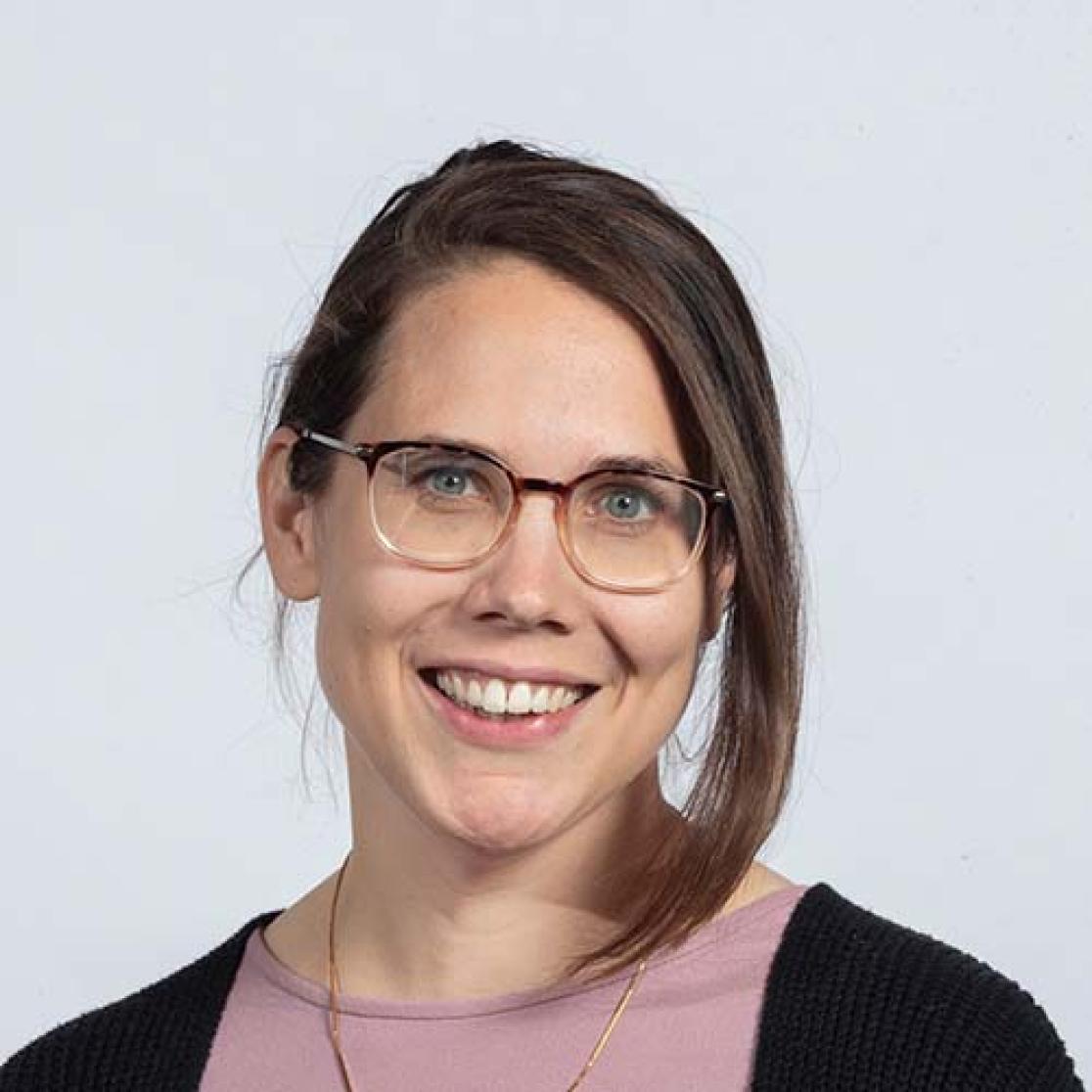
Can We Transform our Planetary Future? Dancing between Science and Policy in the IPBES Transformative Change Assessment
Colloquium 26 March 2025. Speaker: Prof. Fern Wickson (UiT the Arctic University of Norway)
This session centres on the environmental governance boundary organisation of IPBES – the intergovernmental science-policy platform on biodiversity and ecosystem services – and the content of its latest assessment report on transformative change.
Humanity is facing multiple interconnected and accelerating global environmental crises (including climate change, biodiversity loss, and pollution). These crises are converging in ways that now pose existential threats by undermining the conditions necessary for human survival and for meaningful cultural and spiritual lives. In response to continued warnings of rapidly deteriorating conditions for life on Earth, “transformative change” is now regularly being emphasized as imperative for securing sustainable futures. Such statements appear across science and policy communities, in multilateral environmental agreements, and in the work of both business and non-governmental organisations.
Following three years of work involving over 100 authors from all around the world, in December 2024, the almost 150 member governments of IPBES negotiated and accepted their commissioned thematic assessment on transformative change. In this session, Prof. Fern Wickson (coordinating lead author of chapter 1 of the report), will introduce IPBES as a boundary organization within environmental governance and present key content from their new report on transformative change. This will include the meaning of transformative change, the challenges and barriers involved, and the approaches and strategies identified for bringing it into being. She will then share some reflections and lessons learned from dancing between science and policy in the IPBES context and invite attendees into conversation about how to approach interrelationships between science, ethics and politics in ways that enable transformations towards flourishing futures for all life on Earth.
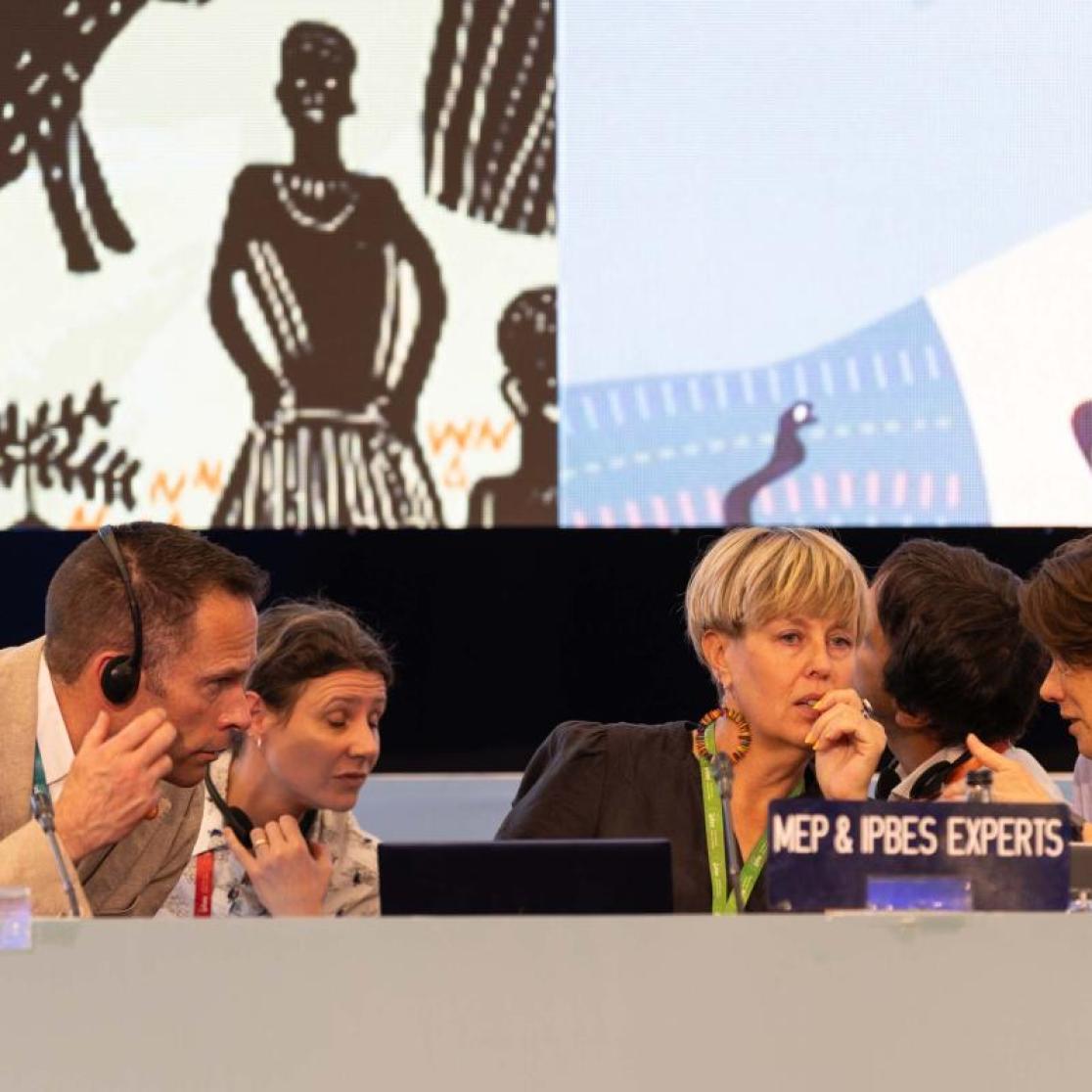
Art, Science and the Politics of Knowledge
Colloquium 26 February 2025. Speaker: Hannah Rogers (University of Copenhagen)
In this lecture, Rogers explores how the tools of Science and Technology Studies (STS) can provide critical insights into art and science projects, highlighting the practices of these knowledge-making communities as discussed in her book Art, Science, and the Politics of Knowledge (MIT Press, 2022). In the book, Rogers challenges the conventional boundaries between art and science, suggesting that these fields may be understood as knowledge communities constructing, maintaining, and manipulating their own boundaries. By demonstrating how STS methodologies are being applied by STS scholars to artistic practices and, conversely, how art can inform STS inquiry, Rogers highlights the emergence of a new subdiscipline—Art, Science, and Technology Studies (ASTS). This framework reimagines the categories of art and science and shows their changing states, with significant implications for understanding their roles in shaping social worlds.
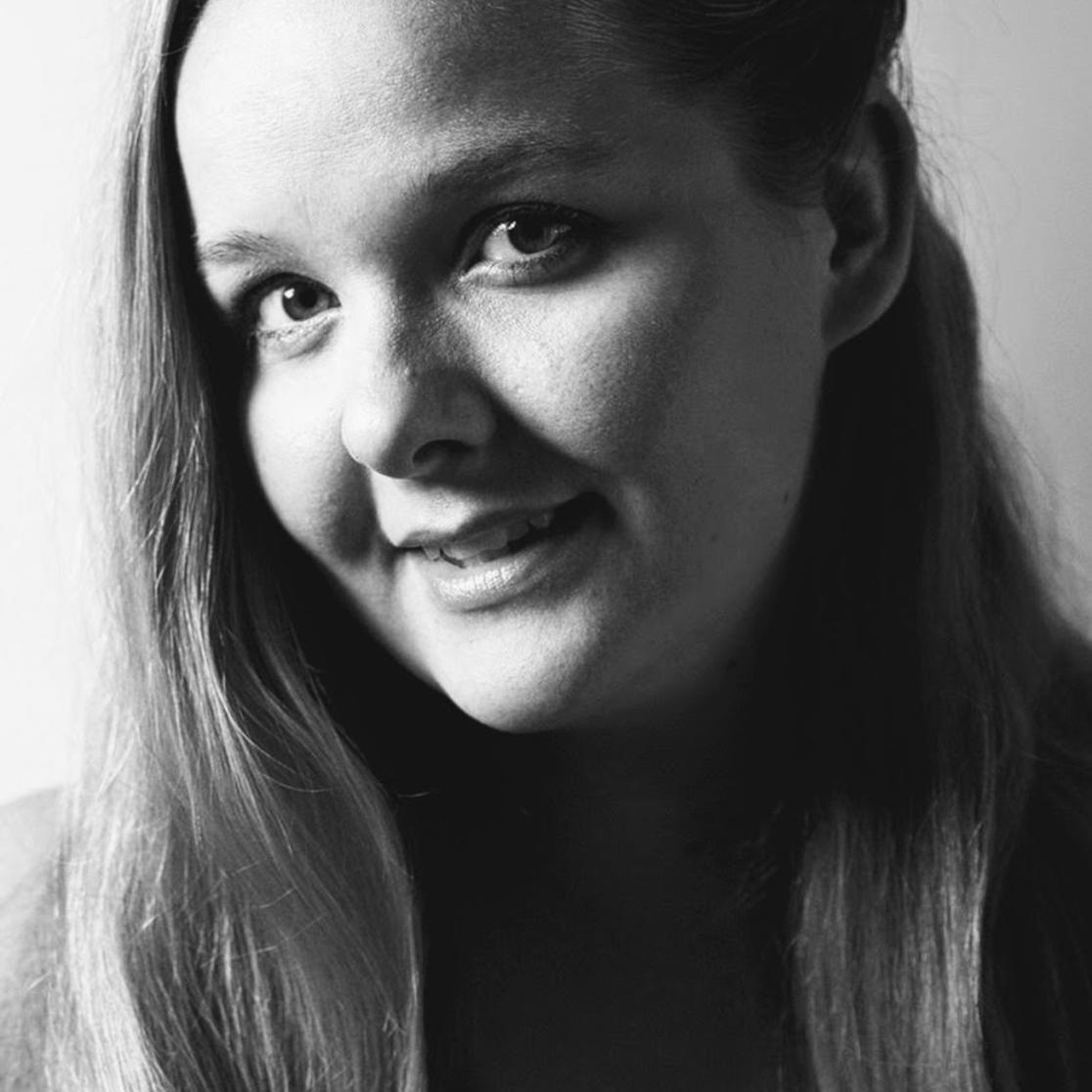
Give Me a Laboratory and I Will Still Not Raise the World? Value Tensions in the Articulation of Societal Relevance in Science and the Need for Narrative Responsibility
Colloquium 5 March 2025. Speaker: Ruth Müller (TUM School of Social Sciences and Technology)
Articulations of societal relevance constitute central sites for negotiating science – society relations. In recent years, science funders have increasingly asked scientists to articulate the societal relevance of their work and used societal relevance as an assessment criterium in research funding. In this talk, I examine narrative responses by researchers to the introduction of relevance as criterium in research assessment. Concretely, I combine insights from four research projects that studied how researchers articulate, argue for and assess the value of academic work in variety of settings to critically discuss practices of overstating relevance in academic research.
I contextualize my analysis by drawing on Ed Hackett’s work on value tensions in scientific work in the context of transforming academic landscapes. I argue that researchers increasingly navigate a value tension between veracity and overstatement when it comes to the articulation of the societal relevance of scientific work, and that the current narrative infrastructure in academia tends to push researchers towards to the polar value of overstatement. I trace (1) how overstatements become normalized in academic science and (2) how overstatements can in fact strain science – society relations rather than improve them, drawing on two specific forms of overstatement (the reinforcement of false political narratives and the displacement other important forms of problematization).
I close by arguing for the cultivation of narrative responsibility, pointing out inroads that become visible by understanding these challenges as value tensions. I make concrete recommendations for how to work with science funders, institutional leaders and researchers from various fields to develop concrete practices of narrative responsibility in academia.
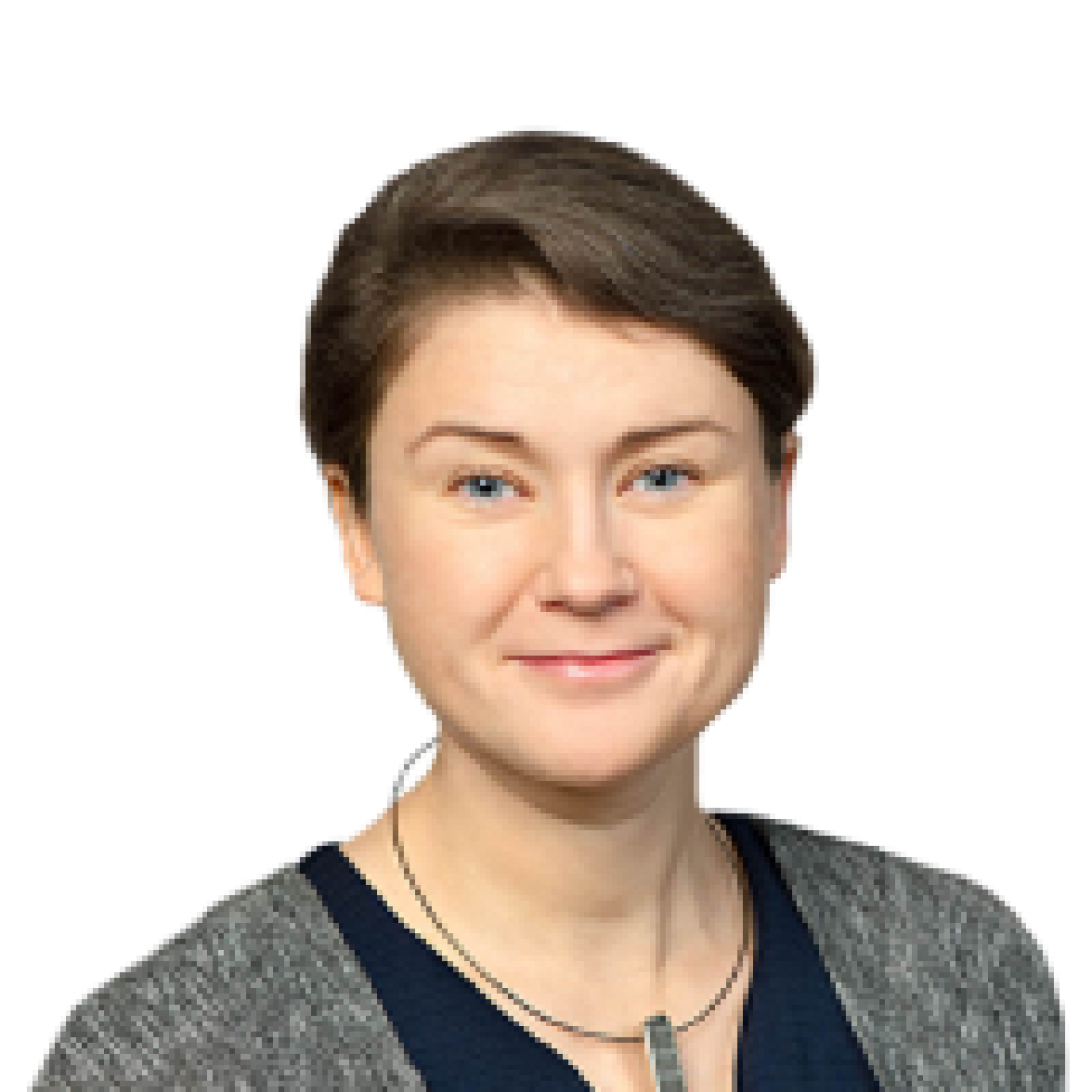
Past events 2024
15 January 2025: Joint AMC/GTD/MUSTS event 'Research and the FASoS Idea: Taking Stock, Sketching the Future'
Securing Oil at Home and Abroad in the 1970s: Energy Security and State Oil Companies in the UK, West Germany, and Canada
Colloquium 4 December 2024. Speaker: Petra Dolata (UCalgary)
In the wake of the 1973/74 oil price crises, Western governments formulated energy policies to address their dependence on oil exports. One of the strategies of securing safe and affordable supplies in the long term was the founding of state oil companies who mainly focused on exploration and participation in existing upstream ventures. BNOC (British National Oil Corporation, founded 1975) in the UK, DEMINEX (Deutsche Mineralöl-Explorationsgesellschaft mbH, founded 1966) in West Germany and Petro Canada (founded 1975) are all considered corporate anomalies in jurisdictions which were known for championing private oil companies and relatively liberal oil markets. In this talk, Petra Dolata historicized the meaning and practice of energy security by examining the histories of state oil companies in Canada, West Germany and the UK in the 1970s.
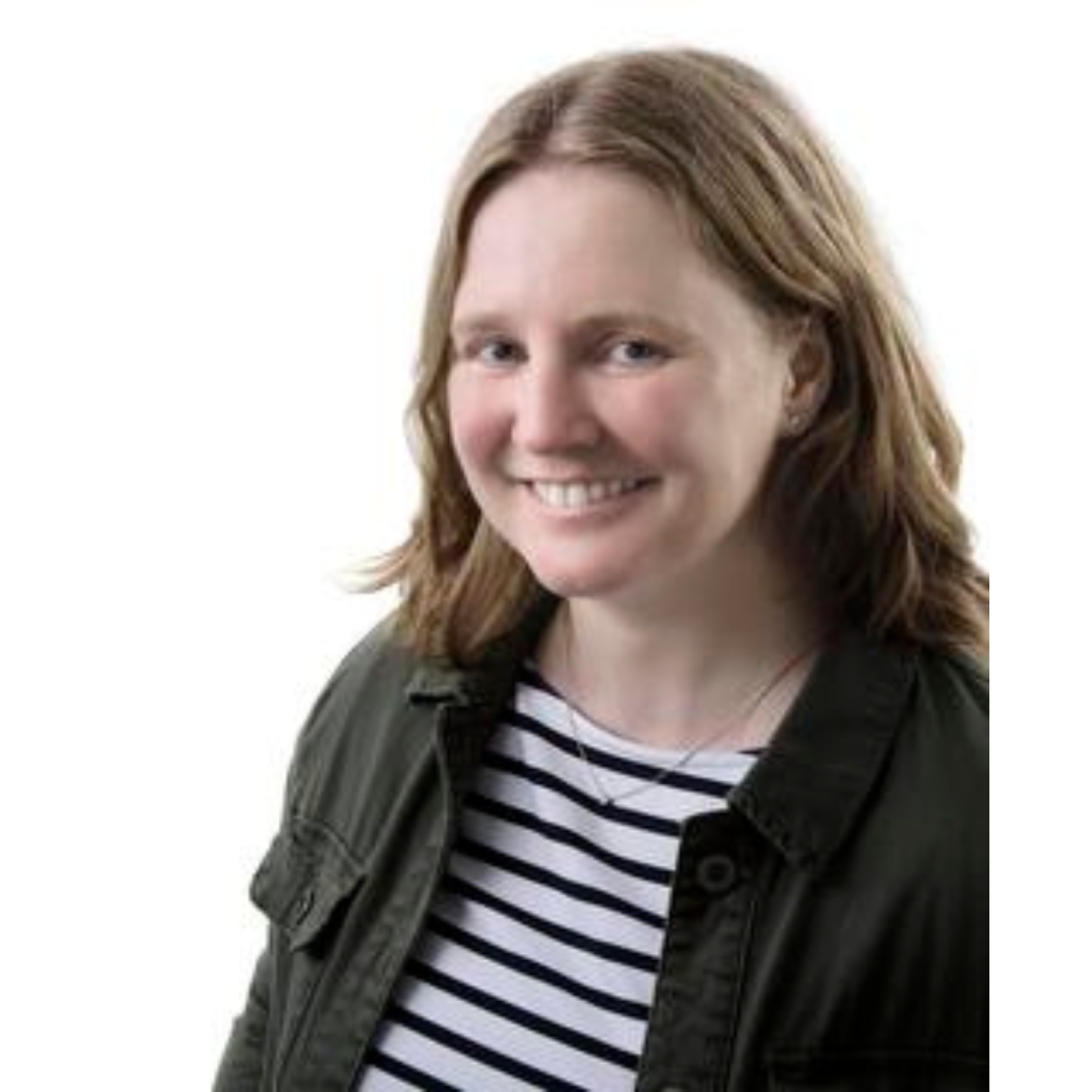
13 November 2024: MUSTS Biennial Research Event: Practices of Collaborative Research and Innovation
We all know the importance of engaging with partners outside of our own field, discipline, or institution. Collaborative efforts enable us to pool expertise and bring together multiple perspectives, leading to the cross-pollination of ideas and more significant societal impacts. While of course many MUSTs members already have extensive networks through which they collaborate with various constellations of actors, in this year’s MUSTS research day, we want to showcase exciting research that is happening right on our doorstep. By inviting colleagues from other research groups, faculties, and institutions to share their work with us, we want to provide space for exploring new collaborative relationships. The day will be divided into three parts, with each session being oriented around a potential form of collaboration: interdisciplinary collaboration, interfaculty collaboration, and interregional collaboration.
Sinking Into Soils: A Phenomenological Exploration of Soil as Medium
Joint AMC/MUSTS colloquium 2 October 2024. Speaker: Nora S. Vaage
Which contemporary situations can facilitate sinking into soil? As PI of the work package Experiential Soils in the Norwegian Research Council-funded project Anthropogenic Soils: Recuperating Human-Soil Relationships on a Troubled Planet (SOILS, 2022-2028), my focus in responding to the above question is on how soils can be accessed and engaged with artistically and phenomenologically. Artworks providing an imaginative re-mediation of soil situations might engender wonder, fascination and discomfort, staying with the tensions of sinking into the vulnerable, dark, dirty, dangerous, vital world below-ground.
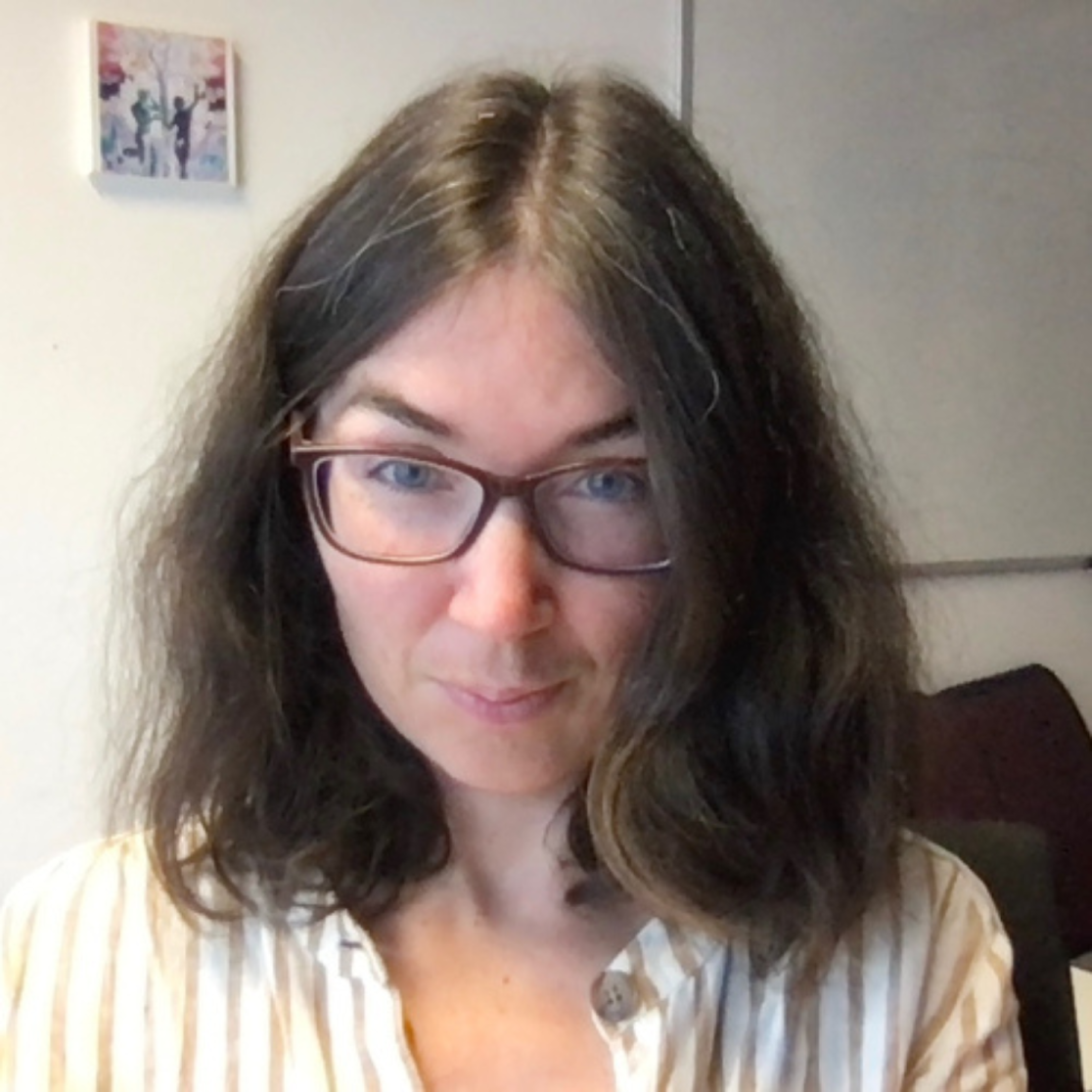
18 September 2024: MUSTS Summer Harvest
‘Imitation as Innovation: Recasting the History of Technology in Modern Korea’
Colloquium 26 June 2024. Speaker: Hyungsub Choi
Innovation is overrated. In recent years, historians of technology have challenged the historical narrative focusing on innovation and novelty, and turned toward "technology-in-use" and "maintenance." Yet, those working on the so-called "periphery" continue to search for the elusive technological innovations – just as the gold rushers sieved through mud and sand hoping to find precious metal – identifying trace-amounts of innovative technical practices. This project begins from the premise that no innovation occurred in modern Korea. All technologies were importations from or imitations of advanced industrial countries (mostly the United States and Japan). Taking this perspective allows us to see beyond the successful outlier cases and capture the diverse practices that shaped the meaning and purpose of technologies in the postcolonial nation going through rapid economic and technological transformation.
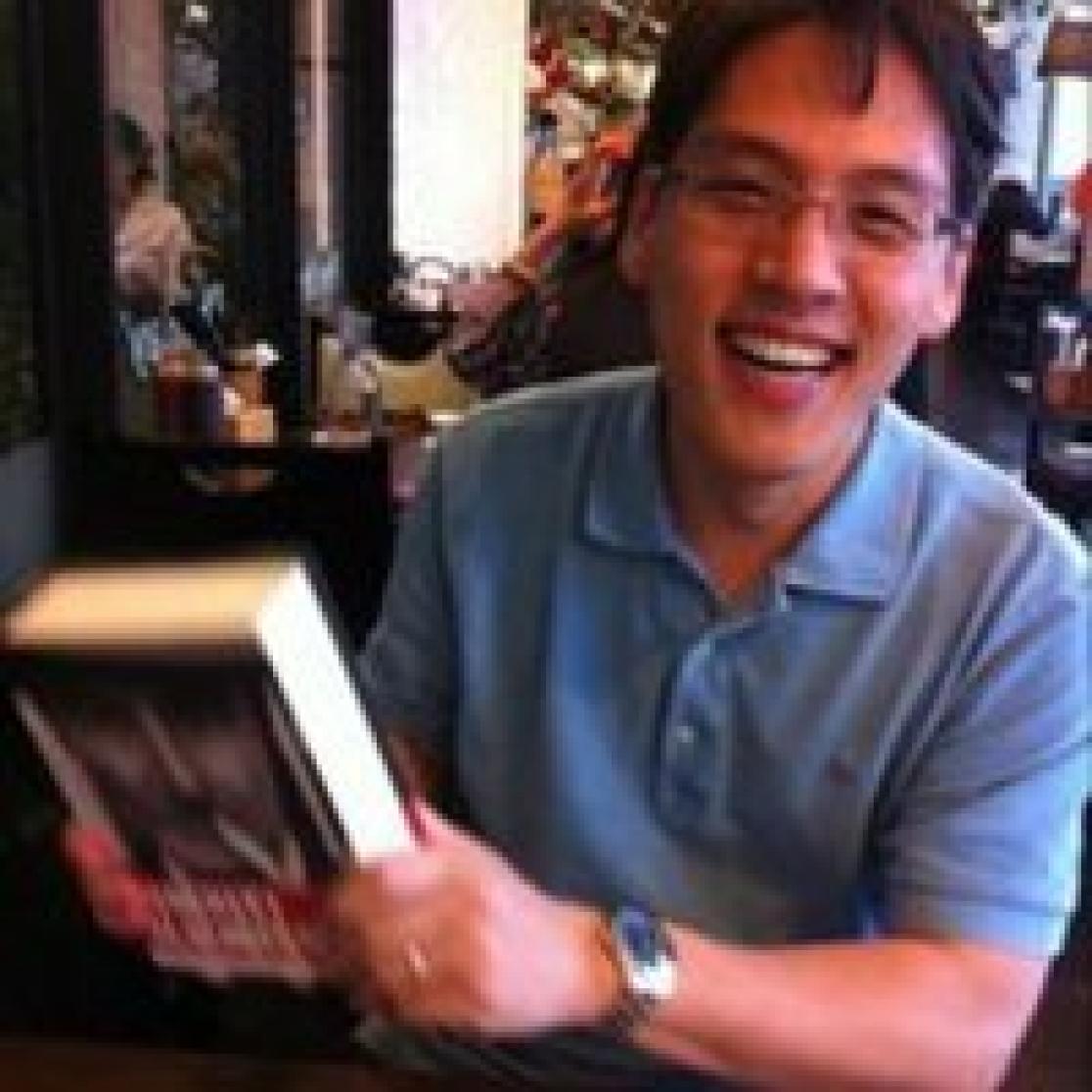
T(h)ink(er)ing with Microbes
Colloquium 29 May 2024. Speaker: Kristien Hens (University of Antwerp)
Although they have been long neglected in philosophy and ethics, microbes are now gaining some traction in these fields. More specifically, philosophers, anthropologists and human geographers have thought about the impact of findings regarding the microbiome-gut-brain axis on how we conceive of ‘the human’. Terms like holobiont and (endo)symbiosis have become part of the general philosophical imaginary.
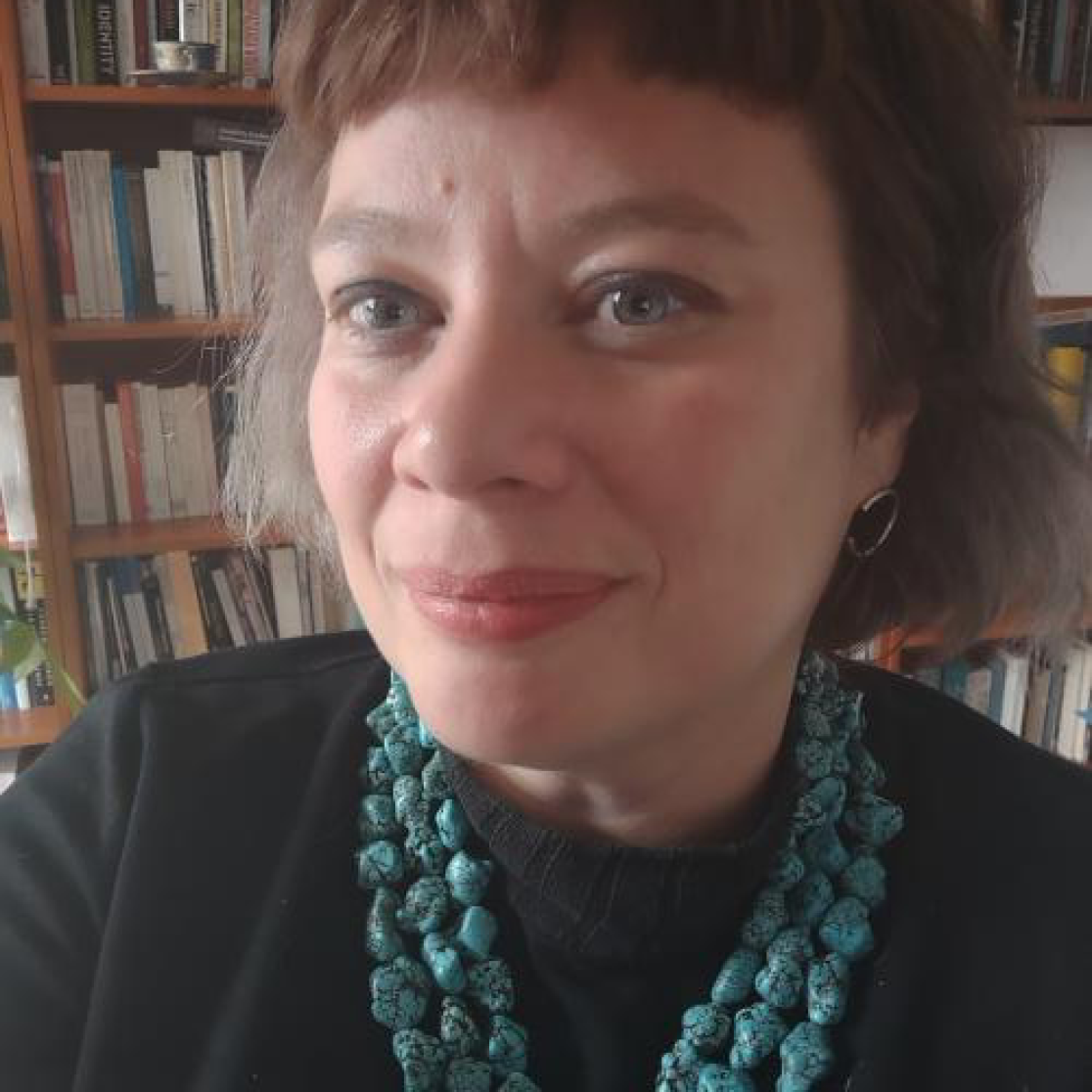
Negotiating (Technological) Sovereignty
Colloquium 24 April 2024. Speaker: Mario Daniels (Duitsland Instituut Amsterdam)
In 1984, the Max Planck Institute for Meteorology in Hamburg ordered from the U.S. a supercomputer for work on climate models. The Reagan administration, however, blocked the necessary export license for a full year. The U.S. government wanted to allow the export only if the institute and the West German government were to accept special security measures called “safeguards” which would allow the U.S. to closely monitor of the installation and the use of the computer on German soil. The U.S. stance provoked strident public reactions, calling the U.S. demands “humiliating” and an open attempt to hurt German technological competitiveness.
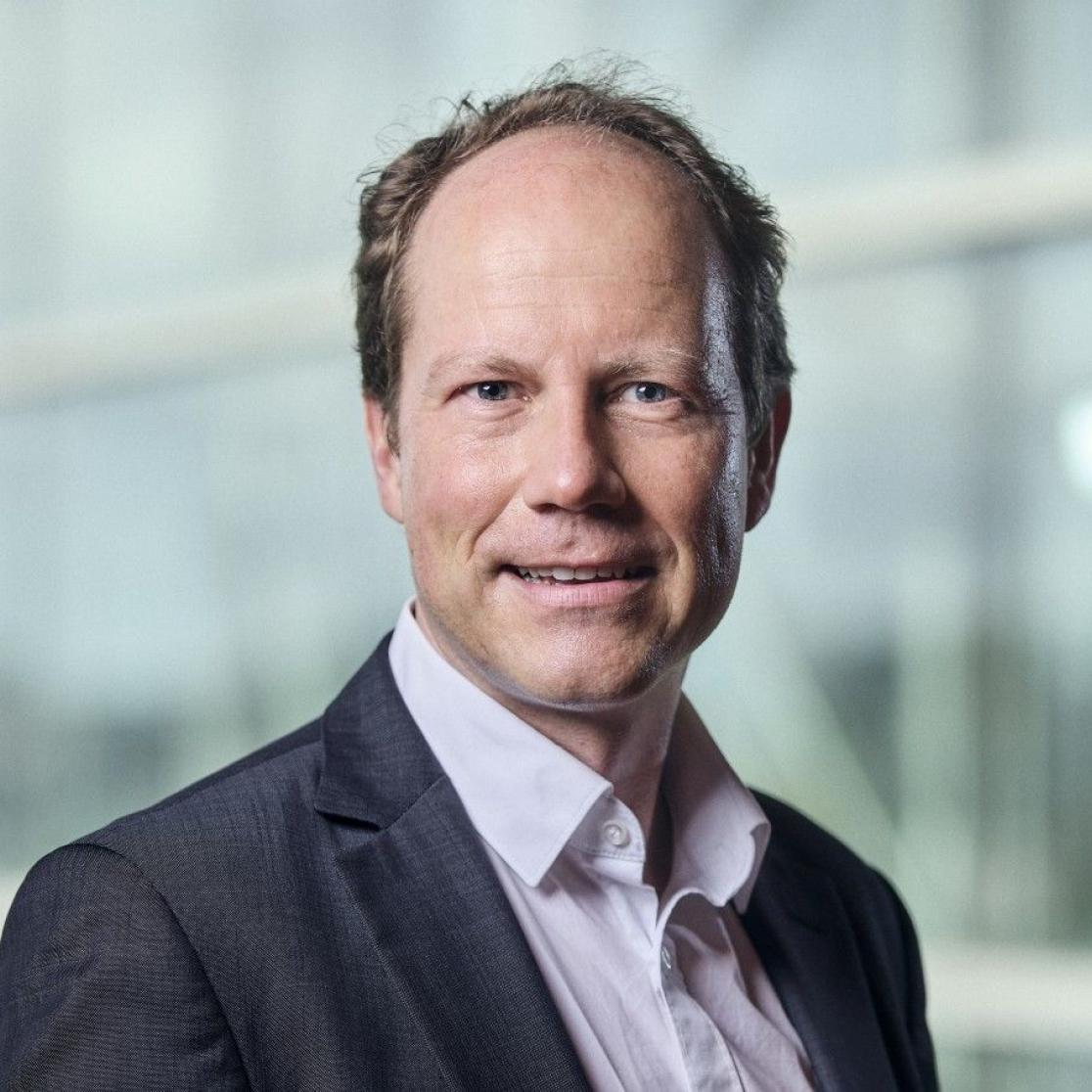
Designing Democracy on Mars and Earth: Preliminary results
Colloquium 13 March 2024. Speaker: Julien Vrydagh (University of Stuttgart)
The ERC Advanced Grant “Designing Democracy on Mars and Earth” (DDME) sets up a bottom-up, reflective, deliberative and co-creative design to obtain a deeper understanding of citizens’ democratic preferences in the 21stcentury. DDME explores citizens' understanding of democracy by asking open-ended questions, allowing them to describe what democracy means to them and avoiding the limitations of closed-ended questions based on predefined theoretical models.
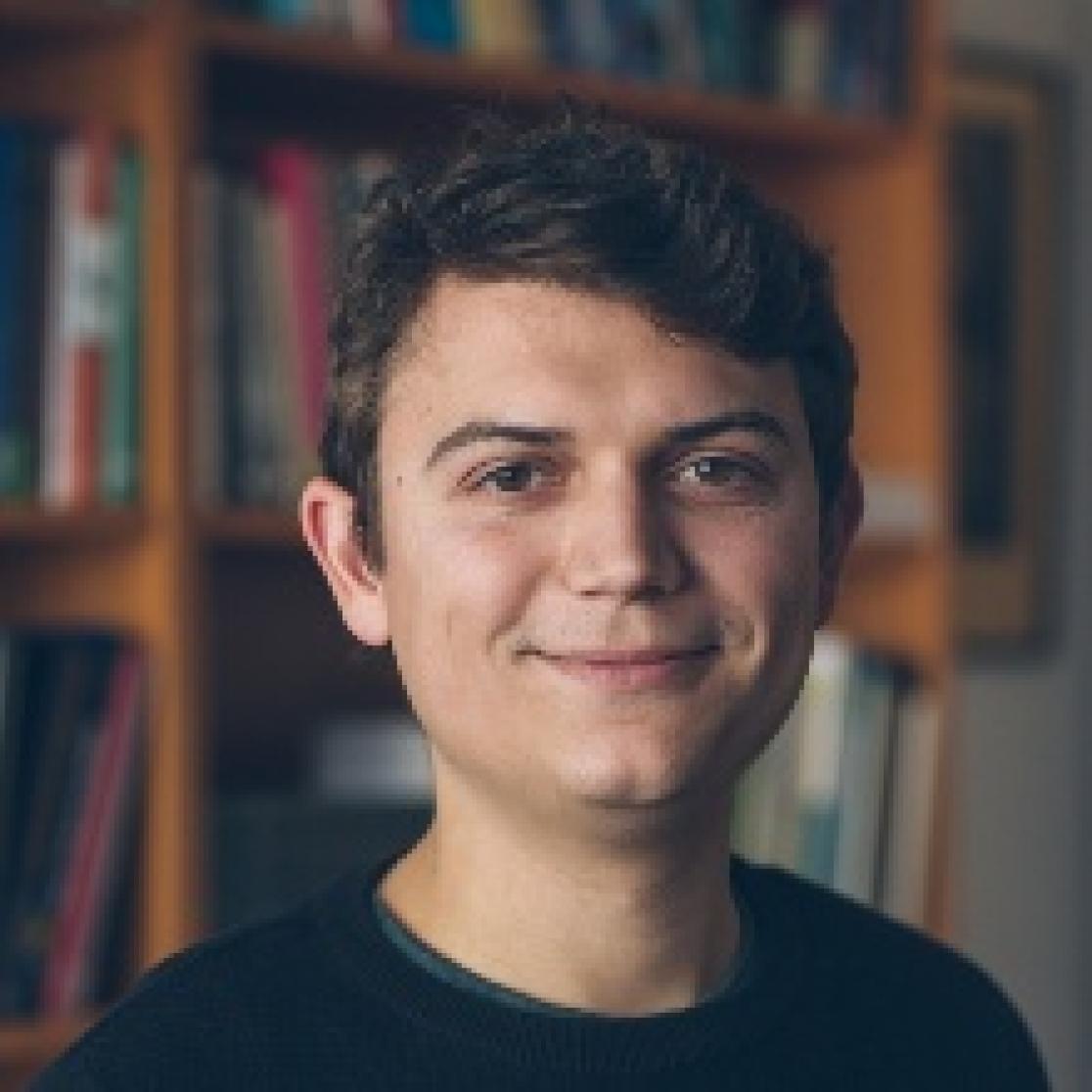
Taxonomic Disagreement: From textual analysis to biodiversity conservation
Colloquium 21 February 2024. Speaker: Charles H. Pence (UC Louvain)
My talk analysed two parallel historical trajectories, and their uneasy convergence in contemporary digital cultures. It reconstructs a mode of financialisation that infrastructurally combines instant messaging and digital payments. How, why and for whom should these two ways of interacting converge? What are the economical stakes of combining platform and app economies? I inquired into these questions from a point of view that integrates history, STS, and media theory. Thus, the alternative title of this talk could have been “every mediation counts.”
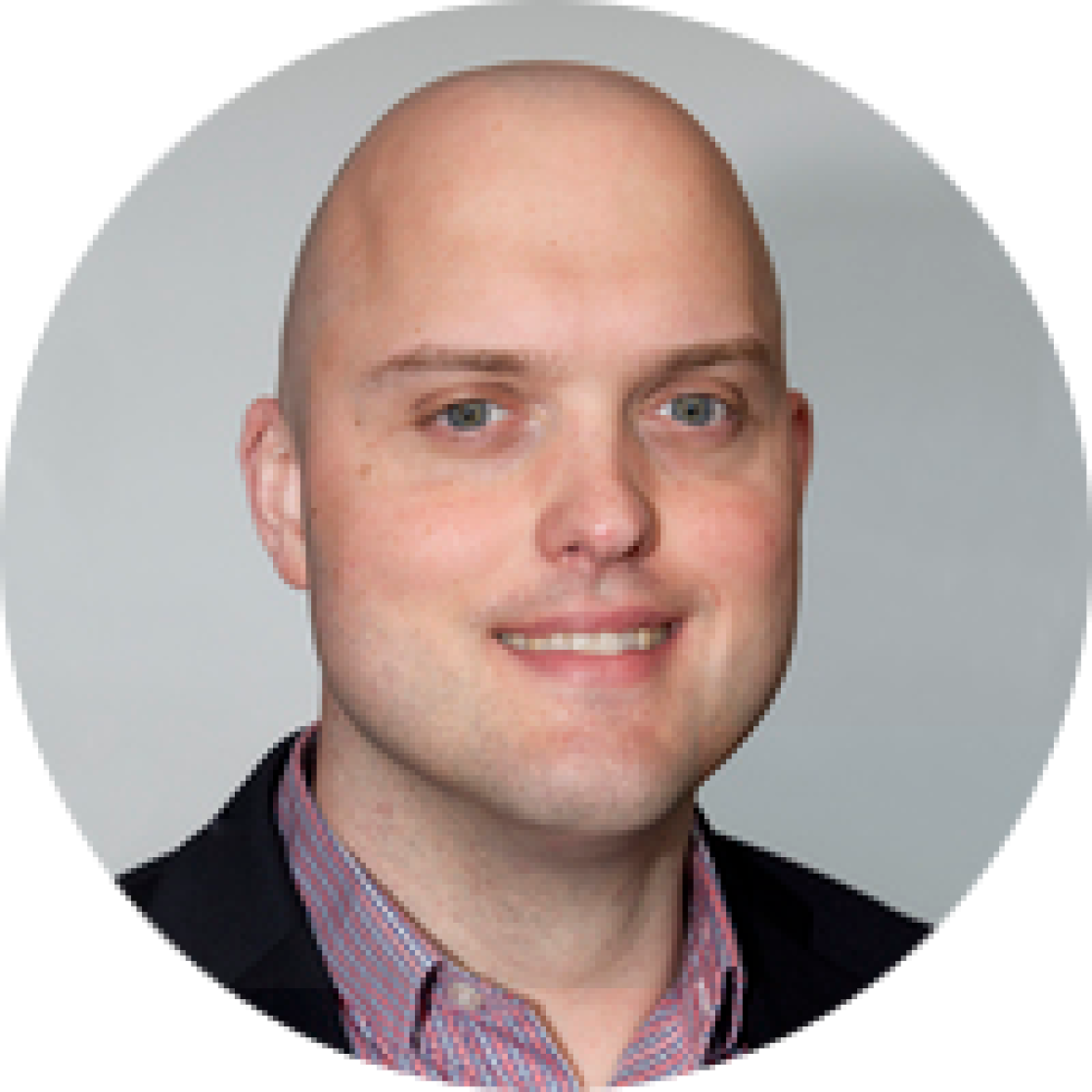
17 January 2024: Joint MUSTS/AMC/GTD colloquium on research funding
Past events 2023 and older
| Date | Event | Title |
|---|---|---|
| 6 December 2023 | MUSTS Research colloquium with Camille Bellet (Wellcome Trust, CHSTM) | Sensing beyond sight: Decentralising the human in the study of cow surveillance in dairy farming |
| 8 November 2023 | MUSTS Researh colloquium with Tanja Schneider (University of St. Gallen) | Financing FoodTech Futures: The assetization of food innovation |
| 4 October 2023 | MUSTS Research colooquium with Sjoerd Zwart (TU Delft) | A Manifest for the Emancipation of Engineering and Technology |
| 20 September 2023 | MUSTS Summer Harvest | |
| 28 June 2023 | MUSTS Research colloquium with Lisa Onaga (Max Planck Institut) | ‘Phase change: A biomaterial history through silk’ |
| 31 May 2023 | MUSTS Research colloquium with Stijn Neuteleers (Open Universiteit/Maastricht University) | Plural valuation of nature: understanding, relevance and use of ‘relational values’ |
| 26 April 2023 | MUSTS Research colloquium with Stefan Hild (Maastricht University) | Einstein Telescope Building a billion-Euro-class research Infrastructure in Limburg? |
| 19 April 2023 | MUSTS Research colloquium with Amade M'charek (University of Amsterdam) | Vital elements, post-colonial flows: Forensics as an art of paying attention |
| 29 March 2023 | MUSTS Research colloquium with Sebastian Giessman (University of Siegen/Humboldt University Berlin) | Trouble in Moneyland: Trajectories of Mediation in Financial Technologies |
| 1 March 2023 | MUSTS Research colloquium with Mieke Boon (University of Twente) | How philosophical beliefs about science affect science education in academic engineering programs: the context of construction |
| 27 January 2023 | Cyrus Mody keynote speaker at Maastricht University’s 47th Dies Natalis | Bold yet prudent: technological innovation and society |
| 26 January 2023 | Panel discussion with Clemens Driesen (Wageningen University), Dolly Jorgensen (University of Stavanger), Mieke oscher (University of Kassel) and Bert Theunissen (Utrecht University) | Why STS (does not) need(s) Animal History and vice versa |
| 25 January 2023 | Joint MUSTS-AMC colloquium - Research funding & CAST posters | |
| 7 December 2022 | MUSTS Research colloquium with Sally Randles (Manchester Metropolitan University) and Michiel van Oudheusden (Athena Institute VU Amsterdam) | Multiple past(s), present(s) and future(s) of de factor responsible research and innovation (rri) |
| 9 November 2022 | MUSTS Research colloquium (author-meets-critic) with Anna Harris, John Nott, and co-authors | Making Sense of Medicine: Material Culture and the Reproduction of Medical Knowledge |
| 5 October 2022 | MUSTS Research Day | "Science, Technology and the Non-Human |
| 21 September 2022 | MUSTS Summer Harvest | |
| 22 June 2022 | MUSTS Research colloquium with Elke Seefried (RWTH Aachen) | Planning the World Future: The Club of Rome and the Transformation of Future Studies |
| 25 May 2022 | MUSTS Research colloquium with Thomas Heinze (Bergische Universität Wuppertal) | Increased isomorphism and structural inertia. Public universities in Germany, 1995-2015 |
| 20 April 2022 | Joint GTD/MUSTS Research colloquium with Wagar Zaidi (Lahore University of Management Sciences), Ragna Zeiss, Lauren Wagner and Adam Dixon | STS and Transnational Methods, Perspectives and Topics |
| 23 March 2022 | MUSTS Research colloquium with Alice Street (University of Edinburgh) | Make me a test and I will save the world: Towards and anthropology of the possible in global health |
| 16 February 2022 | MUSTS Research colloquium with Charles van den Heuvel (Huygens University of Amsterdam) | Interacting with Big Historical Data of the Dutch Golden Age: Golden Agents and Virtual Interiors |
| 19 January 2022 | MUSTS Research colloquium | Research funding and CAST posters |
| 1 December 2021 | MUSTS Research colloquium with Angelique Janssens | Lifting the burden of disease. The modernisation of health in the Netherlands, Amsterdam 1854-1940 |
| 3 November 2021 | MUSTS Research colloquium with Willem Halffman (Radboud University Nijmegen) | Does Science Correct Itself? |
| 29 September 2021 | MUSTS Summer Harvest | |
| 22 June 2021 | MUSTS Research colloquium with Javier Lezaun (University of Oxford) | The Missing Swarm: Collective Entomological Inquiry and Global Health |
| 26 May 2021 | MUSTS Research colloquium with Teun Zuiderent-Jerak (Athena Institute, Vrije Universiteit Amsterdam) | Making & Doing. Activating STS through Knowledge Expression and Travel |
| 21 April 2021 | MUSTS Research colloquium with Ruth Oldenziel (Eindhoven University) | Sustainable Urban Mobiiy since 1850 |
| 24 March 2021 | MUSTS Research colloquium with Victoria Tkaczyk (Humboldt University Berlin) | Sharpening the Mind's Ear: Technologies and Knowledge Techniques of the Sciences and Humanities around 1900 |
| 24 February 2021 | MUSTS Research colloquium with Ine van Hoyweghen (Leuven University) | Navigating Political Cultures of Solidarity: COVID-19 in he Belgian Chateau |
| 20 January 2021 | MUSTS Research colloquium | Research funding & CAST posters |
| 9 December 2020 | MUSTS research visit to the Collection of Scientific Instruments of Centre Ceramique | |
| 11 November 2020 | MUSTS Research colloquium with Frans van Lunteren (Vrije Universieit Amsterdam/Leiden University) | Historicizing the "laws of nature" |
| 7 October 2020 | MUSTS Summer Harvest |